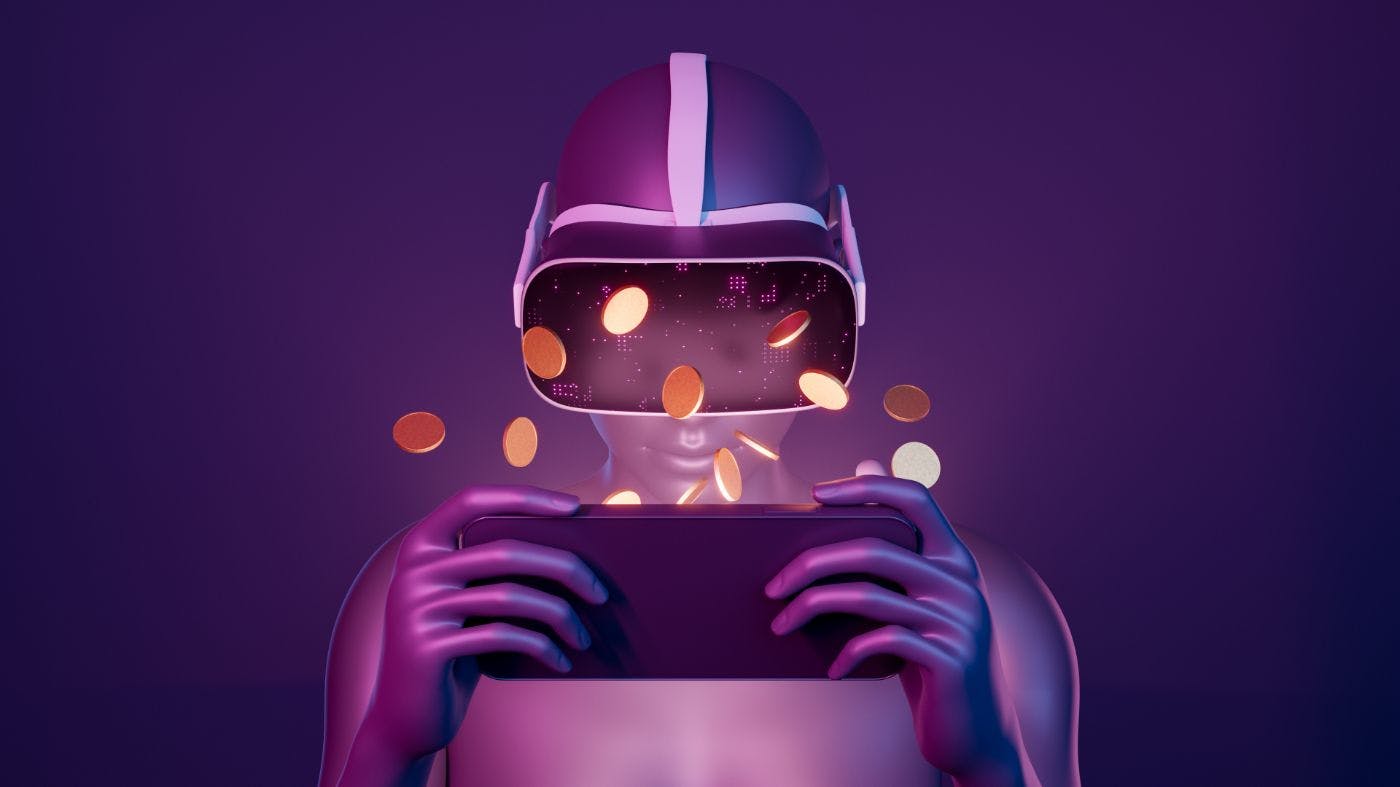1,449 reads
Play-to-Earn vs Play and Earn: The Evolution of Crypto Gaming
by
November 16th, 2022
Audio Presented by
Technology enthusiast with a focus on AI, startups and blockchain, bringing the latest news and insights to readers.
About Author
Technology enthusiast with a focus on AI, startups and blockchain, bringing the latest news and insights to readers.
